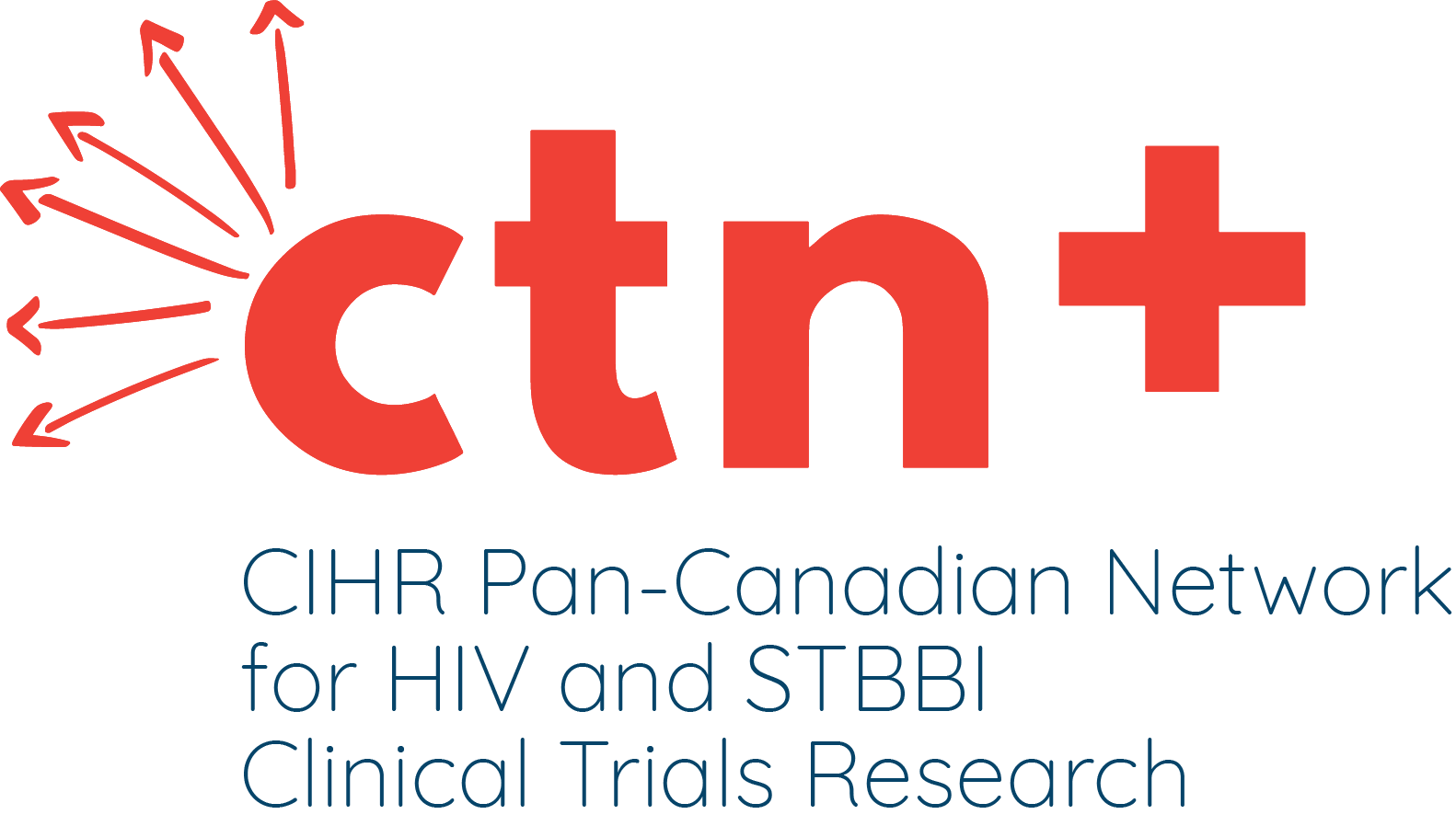About The Study
This study assessed the value of whey protein, a milk supplement, to prevent severe weight loss in children with AIDS.
Study Approach
This was an open label, pilot study (both investigators and volunteers knew which treatment was being given), with only one study group. Participants received daily oral supplementation of whey protein, given as a powder at a starting dose based on 20% of the total daily protein requirement, and increased by increments of five percent every month during four months to reach 35% of the total protein intake at the end of the six-month study.
Study population
Fourteen children were enrolled in four centres. Essential requirements for study entry included wasting syndrome (severe weight loss) within the six months preceding entry into the study. Of 14 participants enrolled, 11 were evaluated. The age of the participants ranged from eight months to 15 years.
Results
None of the children experienced any toxicity (side effects) such as diarrhea, vomiting or milk intolerance. All of them gained weight, between 3.2% and 18% from their starting weight. Eight demonstrated improvements in growth parameters, such as in tricep skinfolds, with mid-arm muscle circumference increasing from +1.2% to +25% independently of energy intake. No changes were found in CD4 cell count, but two children experienced a significant increase in CD8 cell count.
Conclusions
Whey protein is very well-tolerated in children with AIDS, and it was shown to improve nutrition and growth in a subgroup of patients.
